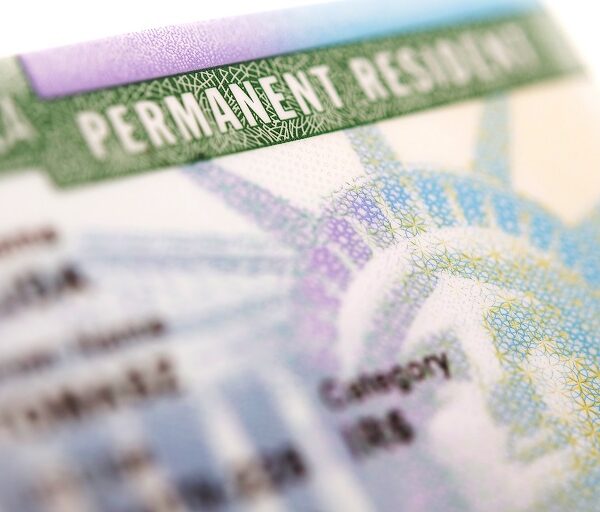Introduction
In a significant ruling, a judge has determined that an asylum seeker cannot be detained in Albania under the country’s current legal framework. This decision highlights the ongoing complexities surrounding asylum policies and the rights of individuals seeking refuge. As global migration continues to surge, understanding the legal implications of such rulings is imperative for both policymakers and advocates of human rights.
The Case Overview
The case revolves around a specific asylum applicant who sought refuge in Albania. The judge’s ruling underscores critical points regarding the treatment of asylum seekers within the country’s legal system.
Legal Context in Albania
Albania has been at the crossroads of various migration routes, making it a focal point for asylum seekers. However, the lack of comprehensive legal frameworks and adequate facilities has raised concerns about the treatment of these individuals. The ruling signifies a challenge to the existing practices and policies regarding the detention of asylum seekers.
Key Findings of the Ruling
The judge’s decision was based on several key findings:
The Implications of the Ruling
This ruling has far-reaching implications not only for Albania but also for the broader European migration landscape.
Impact on Asylum Seekers
For asylum seekers, the ruling brings a glimmer of hope. It signifies that their rights are acknowledged and protected under the law. This decision may encourage more individuals to seek asylum in Albania, knowing that they will not face unjust detention.
Responses from Human Rights Organizations
Human rights organizations have welcomed the ruling, viewing it as a positive step towards safeguarding the rights of vulnerable populations. The decision reinforces the notion that asylum seekers should be treated with dignity and respect.
The Ongoing Challenges in Asylum Processes
Despite the positive outcome of this ruling, challenges remain in the asylum process in Albania.
Resource Limitations
Albania faces significant resource limitations when it comes to supporting asylum seekers. The lack of adequate facilities and trained personnel can hinder the effective processing of asylum claims.
Public Perception and Political Climate
The public’s perception of asylum seekers can also influence the political climate surrounding immigration policies. A lack of understanding can lead to xenophobia and resistance against accommodating asylum seekers, further complicating their situation.
Future Outlook
With the backdrop of this ruling, the future of asylum processes in Albania appears to be on a trajectory toward reform. However, sustained efforts will be needed to ensure that the rights of asylum seekers are consistently upheld.
Potential for Legislative Changes
The ruling may catalyze legislative changes aimed at improving the asylum framework in Albania, ensuring that it aligns with international standards.
Conclusion
The judge’s ruling that an asylum seeker cannot be held in Albania is a significant milestone in the ongoing battle for the rights of individuals seeking asylum. It serves as a reminder of the importance of upholding human rights, even amidst complex political landscapes. As Albania navigates its role in the European migration crisis, this decision may pave the way for more just and humane treatment of asylum seekers in the future. By addressing the challenges and fostering a supportive environment, Albania can become a model for others grappling with similar issues.







